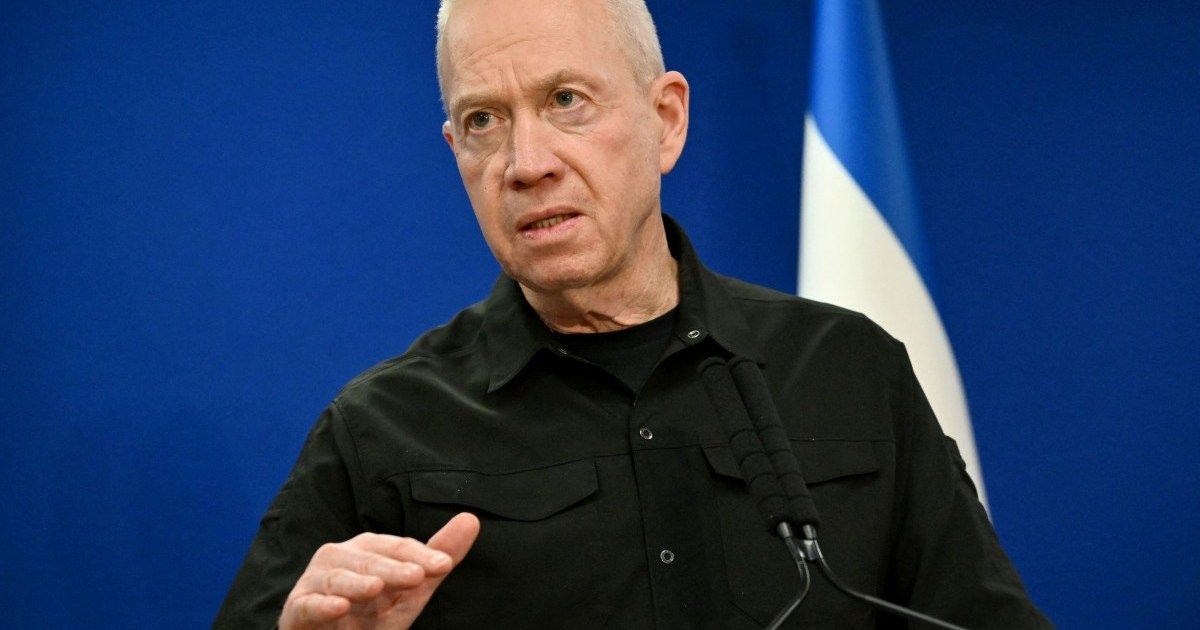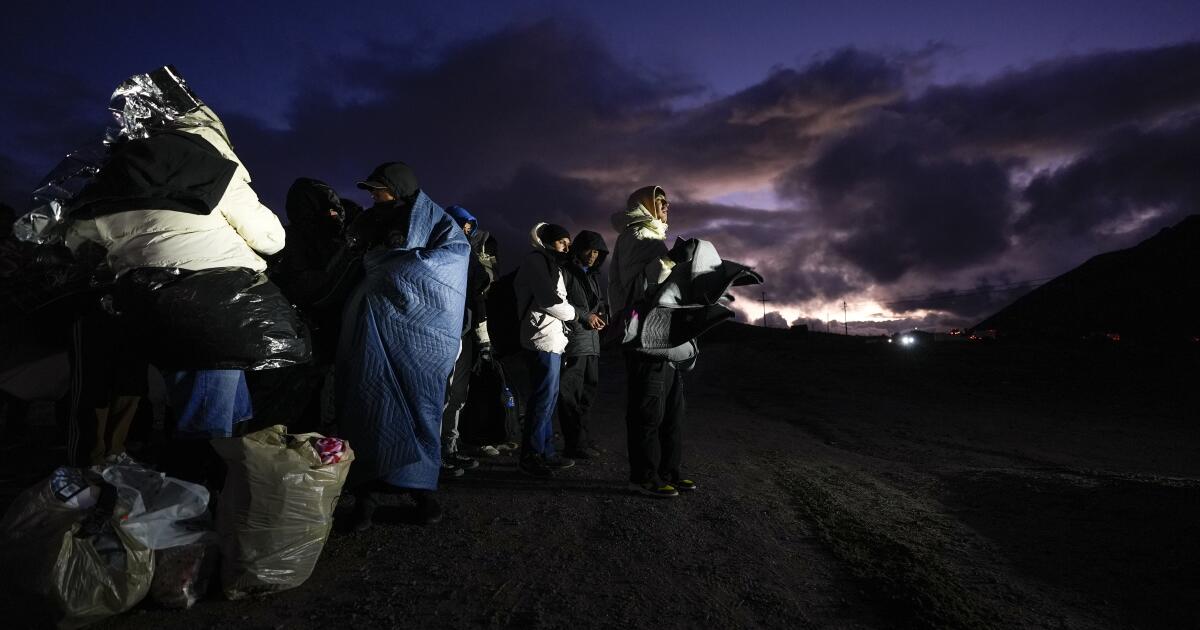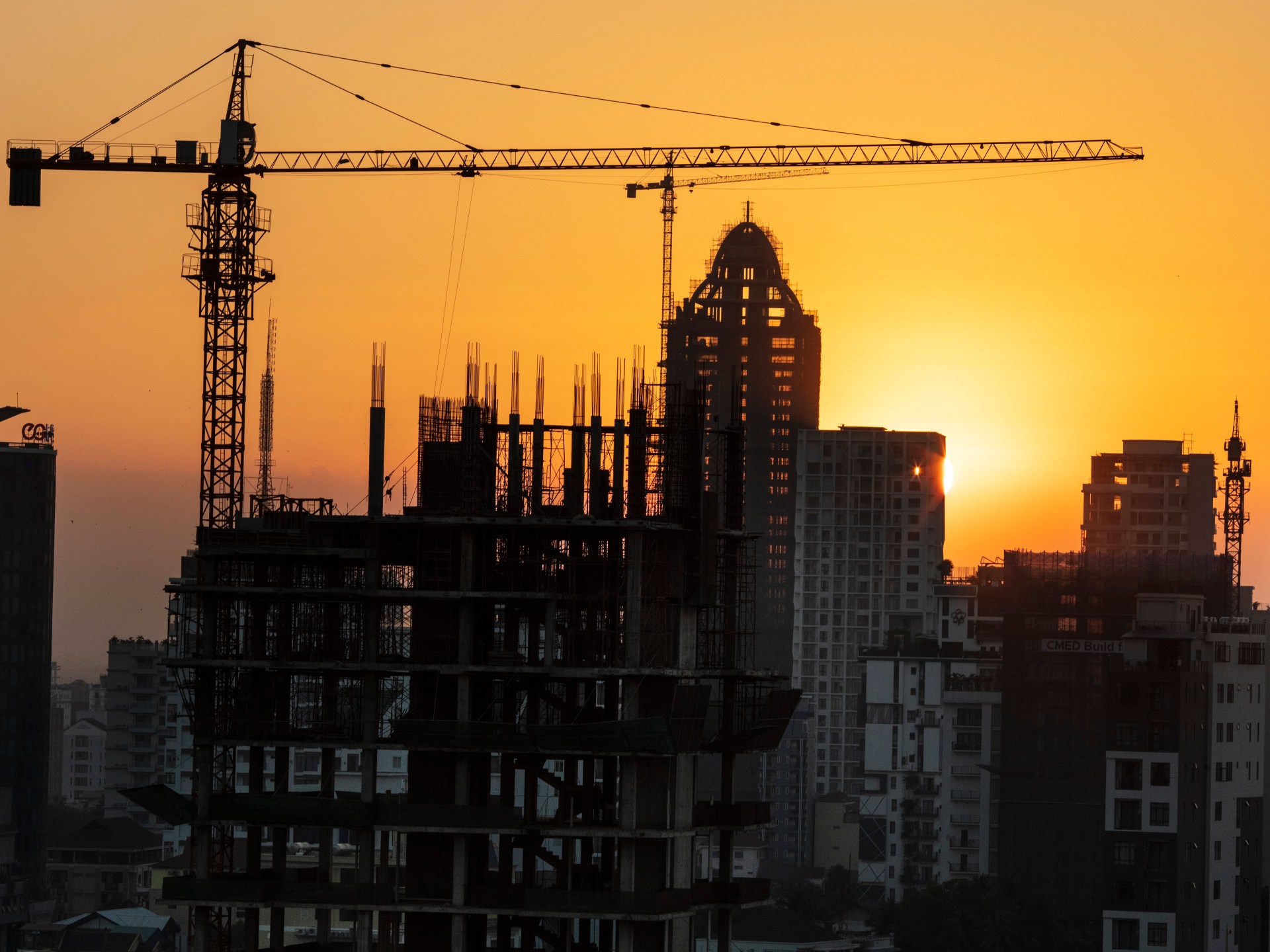Israeli Defense Minister Yoav Gallant has outlined Israel’s plans for the next phase of its attack on the besieged Gaza Strip and future scenarios for the day after the war ends.
“In the northern region of the Gaza Strip, we will transition to a new combat approach in line with military achievements on the ground,” Gallant’s office said in a statement outlining guiding principles that reflect Gallant’s vision. for the next phases of the war. Thursday.
He said operations would include raids, tunnel demolitions, air and ground attacks and special forces operations.
In the south of the besieged enclave – where most of Gaza’s 2.3 million people currently live, many of them in tents and other temporary shelters – the operation would continue trying to eliminate Hamas leaders and rescue Israeli hostages.
“It will continue for as long as it is deemed necessary,” the statement said.
Israel launched its offensive in Gaza following an Oct. 7 attack by Hamas gunmen that killed about 1,140 people in communities near Gaza and took about 240 hostage, according to Israeli estimates.
Israel’s war on Gaza has killed more than 22,400 people, according to Palestinian health authorities, and has forced most of the population from their homes and reduced much of Gaza to rubble.
after the war
Gallant also outlined Israel’s plans for Gaza after the war. He said Hamas would no longer control Gaza and Israel would reserve its operational freedom of action. But he said there would be no Israeli civilian presence and that Palestinian agencies would be in charge of the enclave.
“The residents of Gaza are Palestinians, so Palestinian bodies will be in charge, on the condition that there will be no hostile actions or threats against the State of Israel,” Gallant’s office said in a statement Thursday.
Al Jazeera’s Sara Khairat, reporting from Tel Aviv, said Gallant made clear that Israeli officials want a “Palestinian entity” to be in charge of managing civil affairs in the Gaza Strip, but with “very specific conditions.”
“Those conditions are that they will not act in a hostile manner toward Israel and they will not act against it in any way, shape, or form,” Khairat said.
Israel has repeatedly said that there is “no place” for Hamas in Gaza’s post-war civilian structures. Several Israeli officials, including far-right Finance Minister Bezalel Smotrich, have also said that Israel will permanently control the Gaza Strip and possibly resettle Israelis there.
Gallant also said Israel will have “complete freedom to conduct military operations in Gaza,” Khairat said.
“This is something we have been seeing in the occupied West Bank,” he said.
‘Multinational task force’
As part of the so-called restructuring, Israel also intends to establish a “multinational working group that includes… Western and Arab nations,” Gallant told reporters. The force, Khairat said, will seek to govern the border area.
Israel wants to lead the force and wants it to be in charge of the restructuring and redevelopment of the Gaza Strip, he said.
“Egypt, Israel and the United States are working together to ensure close monitoring of that border,” Khairat added.
Gallant said this is one of many potential plans officials will discuss in upcoming meetings.
Meanwhile, Hamas is gaining popularity in the occupied Palestinian territories. It rules Gaza and is supported by several other Palestinian factions. The group has repeatedly said it will stand firm and expressed its refusal to abandon the territory.
Hamas fighters continue to fight Israeli ground troops in central Gaza and parts of southern Gaza.
Military operations in the south continued on Thursday, even though the Israeli military had previously declared the area “safe” after it forced thousands of Palestinian families to flee their homes in northern, eastern and central Gaza.
Many of the displaced are now crowded inside the Rafah governorate in southern Gaza. The Ministry of Health has warned that diseases are spreading amid a lack of supplies, medicines, clean water and much-needed fuel.
The United Nations says nearly 1.9 million people have been displaced so far — more than 80 percent of the Gaza Strip’s pre-war population.












